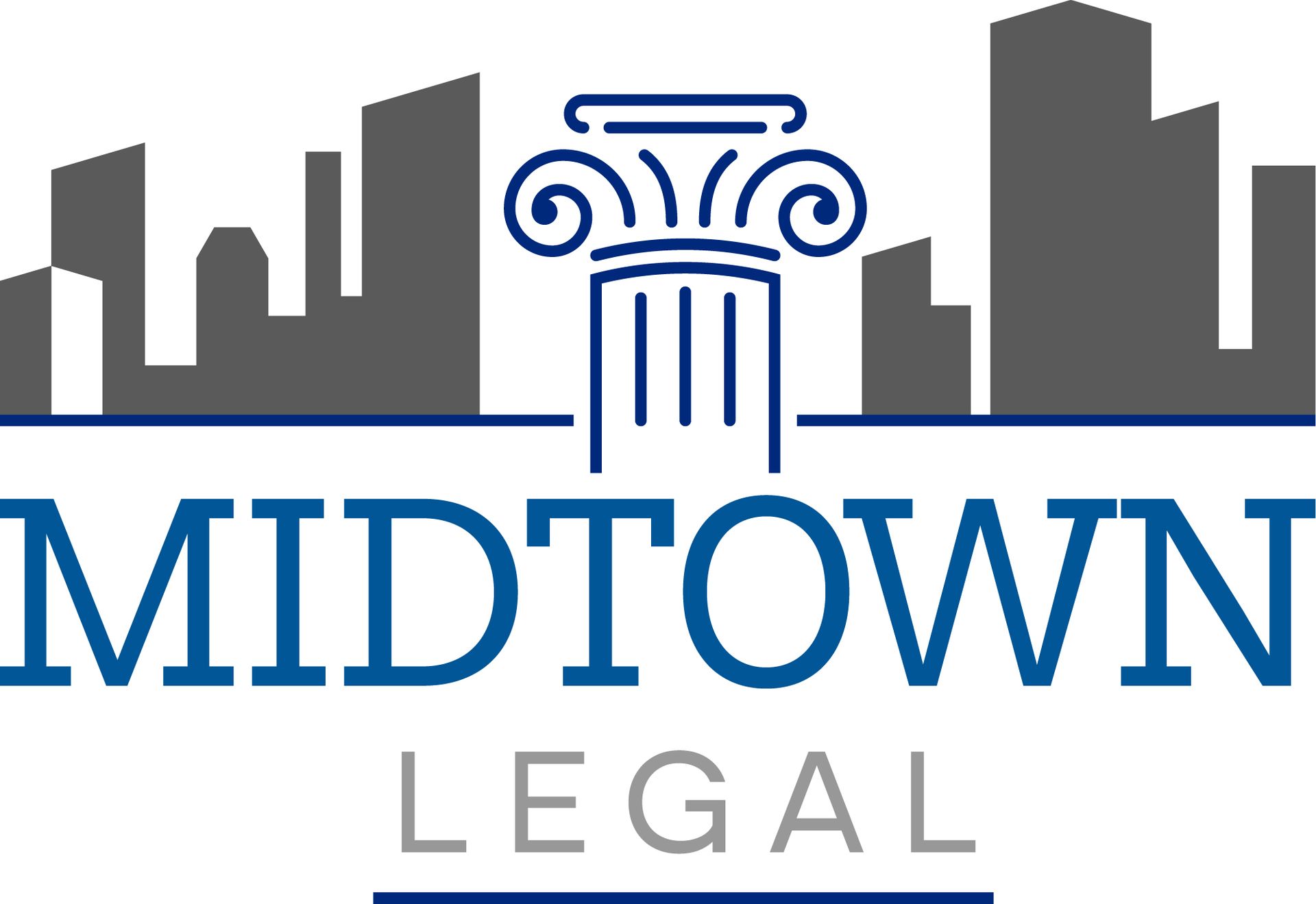THE FTC, JUNK FEES, AND THE TRAVEL INDUSTRY
THE FTC, JUNK FEES, AND THE TRAVEL INDUSTRY

On December 17, 2024, the Federal Trade Commission (“FTC”) announced a Final Rule, its “Rule on Unfair or Deceptive Fees”[1] (the “Rule”), prohibiting “junk fees” on live event tickets and short-term lodging. The short-term lodging industry includes temporary sleeping accommodations at a hotel, motel, inn, short-term rental, vacation rental or other place of lodging.[2] This rule, which targets short-term vacation rentals like Air B and B’s requires that businesses advertise the total price inclusive of all fees when they advertise a price of any covered good or service. While the Rule does not prohibit any specific types of fees or itemization/breakdowns of fees, it does require that the most prominent price in an advertisement be the “all-in total price”.
The Rule comes in response to consumer backlash over a practice widely known as “drip pricing”, where a consumer is drawn in by an artificially low price which is then marked up with fees and other charges, resulting in a dramatically higher final price than initially advertised. Consumers have complained that these additional confusing fees such as: “’convenience”, “processing” “service” and “resort” fees are “junk fees”.
In aiming to simplify the process for consumers, the Rule requires that businesses include all mandatory fees up front. Optional fees, such as those selected by the consumer or government and shipping charges need not be included up front. However, business owners should be aware that fees which are allowed to be excluded up front such as shipping or taxes must still be clearly and conspicuously disclosed before the consumer enters payment information and consents to pay. The Rule requires certain disclosures with respect to government charges and shipping charges if the business elects to permissibly exclude such charges from total price.
Navigating compliance with this Rule may be nuanced for business owners. For example, it is possible that inclusion of a good or service in the total price might be mandatory in one scenario but optional in another. The FTC uses the example of hotel amenities. If a hotel permits its guest to supply their own amenities but purchase is optional, inclusion of the amenity fee is optional; However, if the hotel requires its guests to use its amenities for a fee, then it is mandatory.[3] Businesses should consult with experienced counsel to ensure compliance with the Rule, especially since it applies to various types of offerings including online, mobile applications or in person. The required disclosure must be easily noticeable and easily understandable by ordinary customers.[4]
The Rule will be effective 120 days after publication in the Federal Register.
[1] 16 CFR Part 464
[2] 16 CFR Part 464
[3] Id. At § III.A.1
[4] Id. At § 464.1




